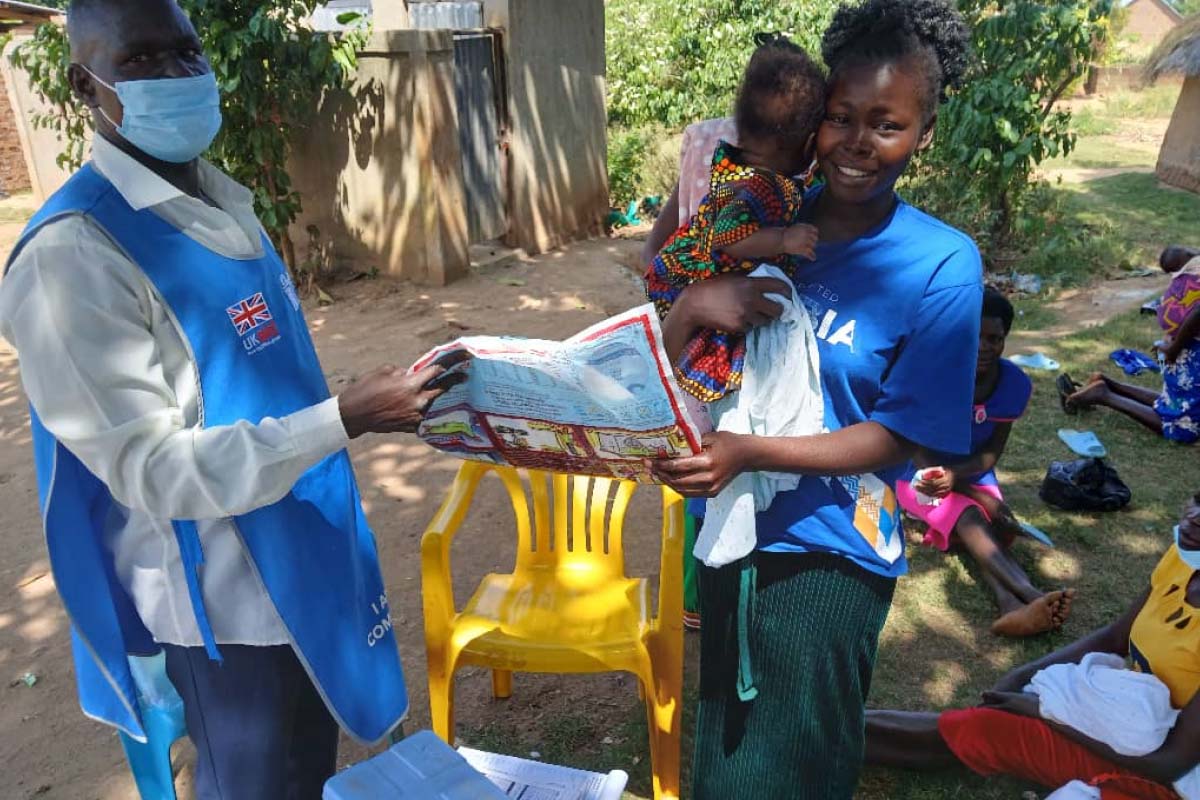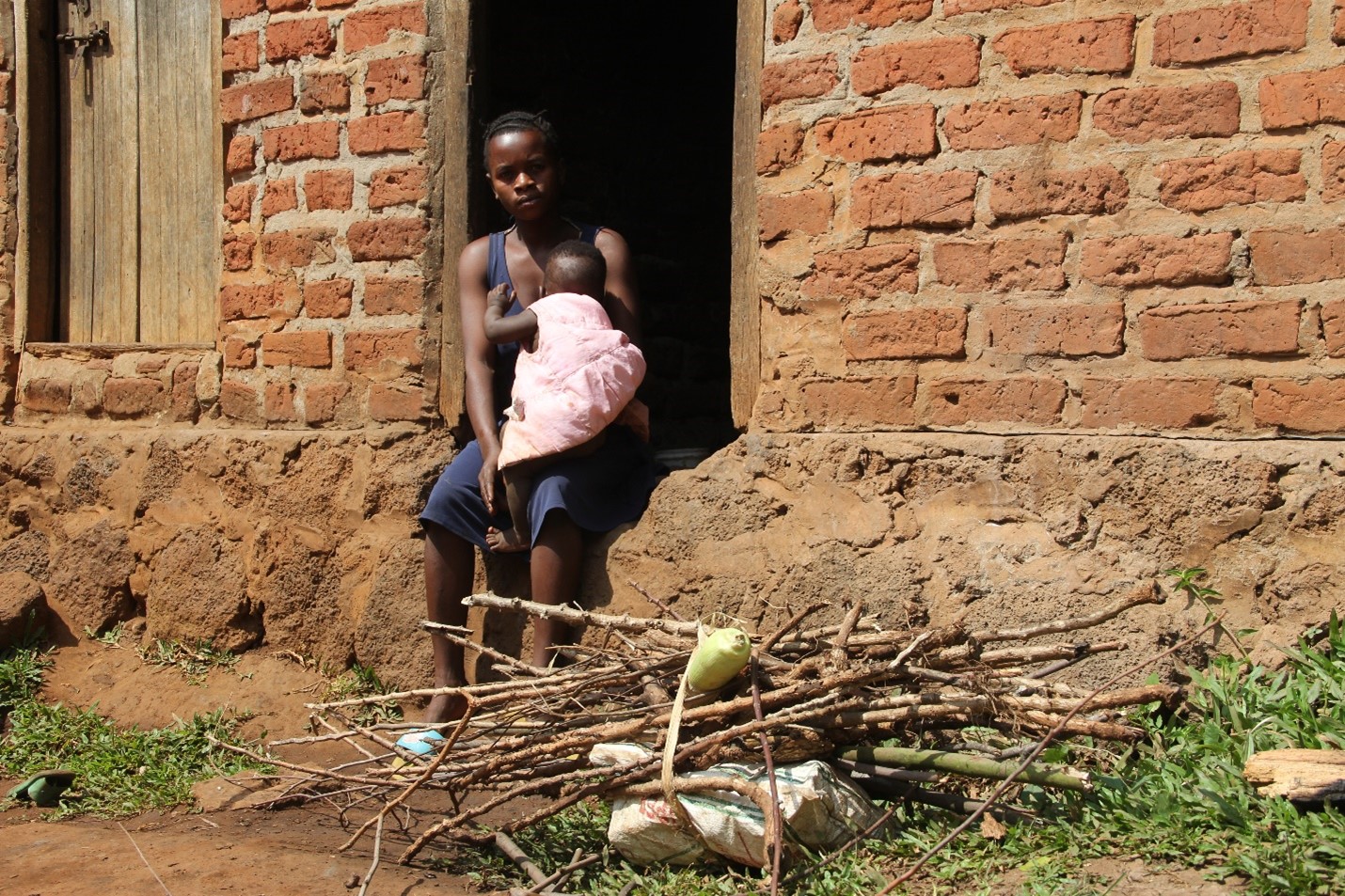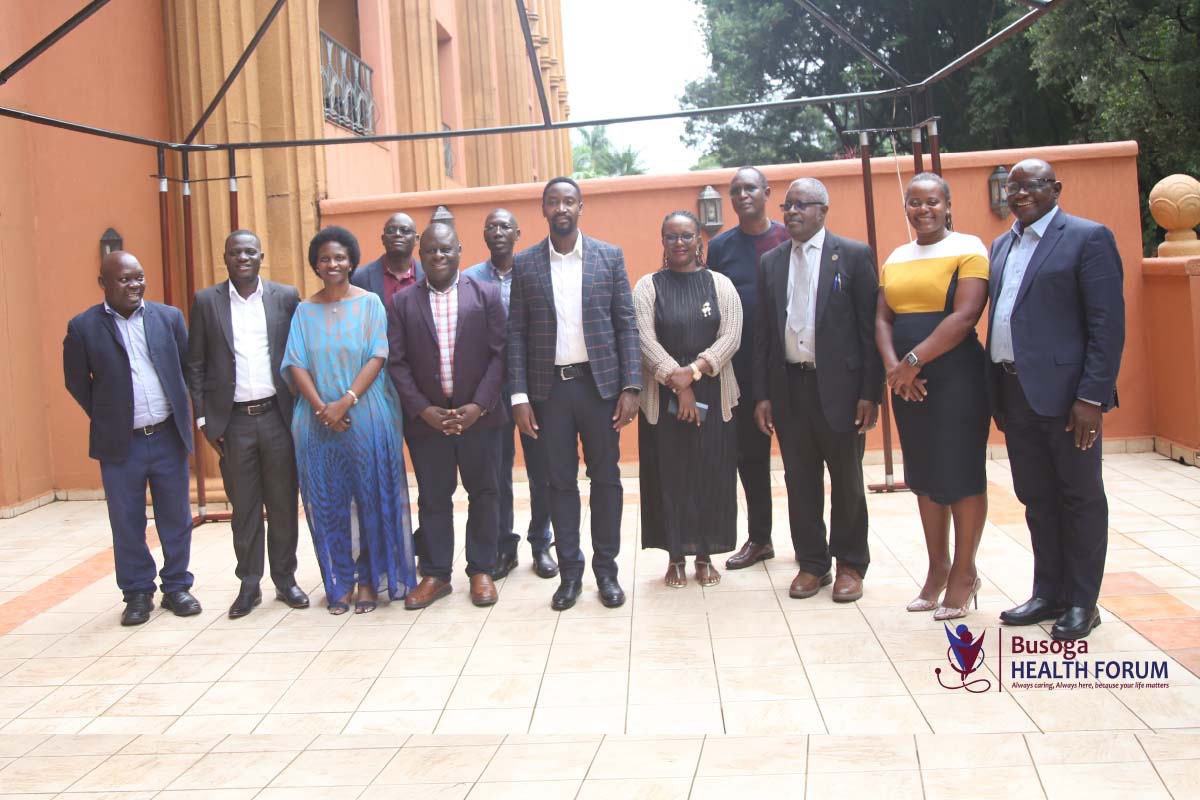
“Malaria strategy needs a rethink”
By Elizabeth Namara
Busoga Health Forum has participated in the two-day webinar organized by Harvard University on rethinking malaria in the context of Covid 19. The panelists from Uganda included Former Vice President Dr. Speciose Kazibwe and Jimmy Opigo, the Manager Malaria Control Program among others. The issues tackled included: eliminating and eradicating malaria, decolonizing malaria governance, and rethinking communications for governance of malaria program among others.
“Covid-19 has given us an opportunity to rethink our strategy. It has laid bare the service delivery, governance, and integration.” Dr. Kazibwe noted.
It is important to note that Africa suffers 90 percent of the malaria burden. It is no longer just a disease but a social component. There are over 10 million cases of malaria annually, and 1 million of these are severe repeat cases.
Africa has fewer cases diagnosed and treated, there is the consistent failure of external exhortations and symbolic declarations in addressing domestic shortfalls. There isn’t a single house in these endemic areas that hasn’t experienced malaria.
Malaria as a social problem requires a medically oriented strategy, predominantly diagnosis, and treatment of malaria. Limited engagement with a significant segment of stakeholders has led to little community involvement and multisectoral action has failed eradication of malaria.
Interventions for malaria must address social determinants such as environmental and lifestyle factors and the breeding of mosquitoes.
The goal of elimination and eventual eradication of malaria without effective control of mosquito breeding and public health regulation is fundamentally flawed.
Progress towards malaria elimination will require a paradigm shift from a medical perspective to a social determinant approach with sustained and systematic engagement of all stakeholders in local. communities.
The global malaria agencies must redefine malaria as asocial problem and collectively adopt a social determinants approach to the development of national malaria programs
Eliminating malaria requires individual countries to participate in the fight against malaria.
There is need for identification of how to work more effectively and more equitably to deliver services universally in an integrated manner, identify opportunities for maximizing impact with existing tools and best practice through strengthened implementation, and highlight areas where new technology and operational innovation (from Covid 19 learning and beyond) catalyze progress toward malaria elimination and eventual eradication.
Ministries of Health and National Malaria Control Programs (NMCPs) must take advantage of recent technological advancements to develop mechanisms for linking data from diverse sources and across levels of the health system, making it available in a meaningful and actionable format.
There is need for a shift in mindset, data should not be seen as something that satisfies the needs of others elsewhere- rather there must be ownership and use of data at the level where they are generated.
Covid 19 offers a lesson for the malaria community with regards to the dashboards we used across the world.
“Communication is a soft skill that supports influencing policy, mobilizing resources, engaging stakeholders, building support for strategies and fostering team coherence.” Dr Opigo emphasized while addressing the communications gap in malaria.
Identifying malaria program audiences is key for example politicians, national and global policy makers, funders, donors, and implementing partners. Community leadership and local authorities, health care providers, community members and the intended beneficiaries of malaria program activities, and staff of the malaria program itself are also key audiences.
International funding for malaria comes with costs and downsides. There is no fundamental lack of financing- the problem is in the accountability for how that financing is used. To drive improved access to all health care – including malaria – accountability needs to be shifted from voters and funders in rich countries to those living in countries with the malaria burden.
In her final remarks, Dr Specioza Kazibwe called upon participants to go back to the basics and put right the malaria table that has for long been upside down and use it as a basis for integration.




